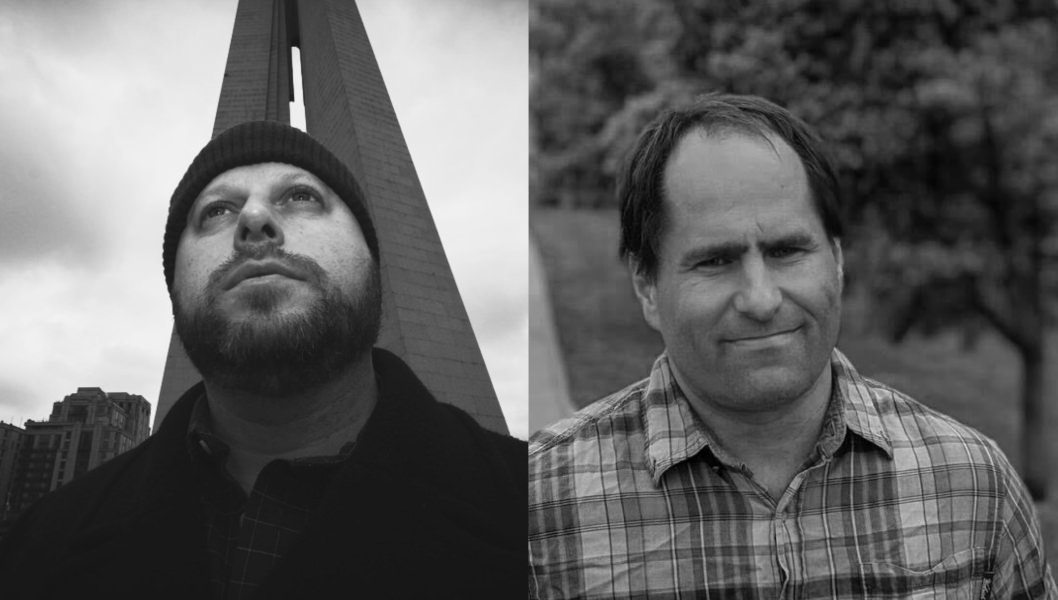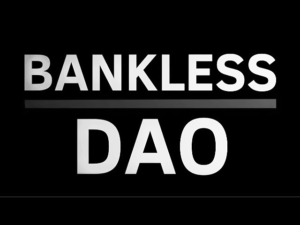32: Decentralized Education & CityDAO University // David & Scott

Background:
Here with us today are two of our fellow CItyDAO citizens David and Scott. In this episode, we talked about topics related to the traditional education system, Web3 education, the CityDAO Academic Conference, and the network state. The CityDAO Academic Conference will be held virtually (on Zoom) on Sept 3-4, 2022 from approximately 11:00 am – 5:00 pm EST. Some of the key speakers at the conference include David Staley – Professor of History at the Ohio State University, Scott Meyer – Founder Ed3.gg & VP of Learning at Proof of Learn, Vriti Saraf – Co-founder @Ed3DAO, Michael Dennin – Professor of Physics and Astronomy, and many more. The CityDAO Academic Conference welcomes a range of scholarly papers, including discussions of web3 initiatives or physical projects in fields related to DAOs, governance, on-chain assets, web3 education, cities and communities.
Time-Stamped Show Notes:
- 3:51 David: offers his own explanation of what is a decentralized education.
- 10:09 Scott: doesn’t know what a decentralized university will look like.
- 13:46 David: gives his vision of what it will look like when a freshman enters into a decentralized university.
- 19:05 David: defines a decentralized university as a school that is being run by both students and teachers and not geographically set in just one area. It also has high level of involvement with real businesses.
- 20:19 David: decentralized university will be having real accreditation and follow the same traditional legacy rules and laws.
- 21:20 Scott: provides more explanation on decentralized education and putting things on the blockchain.
- 22:40 Eric: one of the things that he likes about CityDAO is that it is working within legal boundaries of traditional laws and finding a path through it.
- 25:40 David: CityDAO is not the first group to propose the idea of a decentralized university or web3 education.
- 27:20 David: believes that the spectrum of decentralized education has already started. He gives one example of a college school that has its students choosing their teachers and the incoming students.
- 31:14 Scott: thinks that decentralized education has the potential to grow and explode.
- 33:19 David: A school in Holland is using CityDAO as their whole semester case study to teach students how to create a DAO.
- 37:59 Scott: talks about the coming Academic Conference that will focus on web3 education. He invites everyone to register and participate.
- 39:30 David: offers a walk through on what it would be like to attend the first Web3 Academic Conference.
- 42:31 Scott: someone from Gitcoin will be included in the Academic Conference.
- 42:54 David: shares more information on what to expect on the second day of the Academic Conference.
- 45:00 David: invites everyone to come to the Academic Conference and go to CityDAO onboarding process for the education guild if you want to know more about decentralized education.
- 47:11 David: one of their biggest goals is to expand the CityDAO archway for people who want to learn more about web3.
- 48:39 Scott: offers his meaningful closing remarks for the podcast.
- 49:43 Eric: the current education system is one of the worst experiences he has ever gone through in his life.
- 52:52 David: offers his closing remark on the current education system and its flaws.
Key Points from the Interview:
- David: “I think there are two steps, one is that, come to the conference, be a part of it, listen, discuss, meet people. And the second part is come to CityDAO, to our onboarding process, which is for the education guild. Come to CityDAO, click on the role for education and then you get into this 4 step process where we have some articles we’d like you to read, we teach you how to get bounties, which is how to make money, we’re always looking for people to suggest ideas.”
- Scott: “Our goal is to climb the ladder, do a bunch of experiments, find out which one is worse, and make sure that ladder is there for everyone else to climb.”



